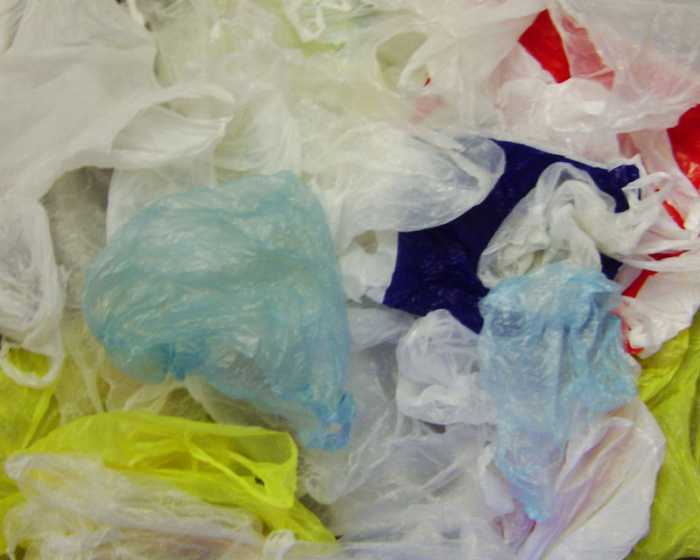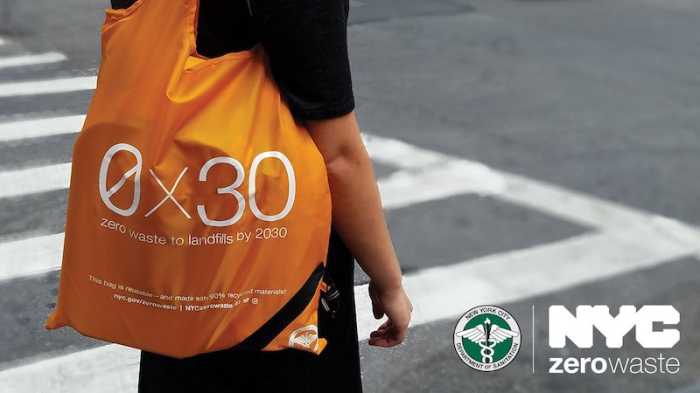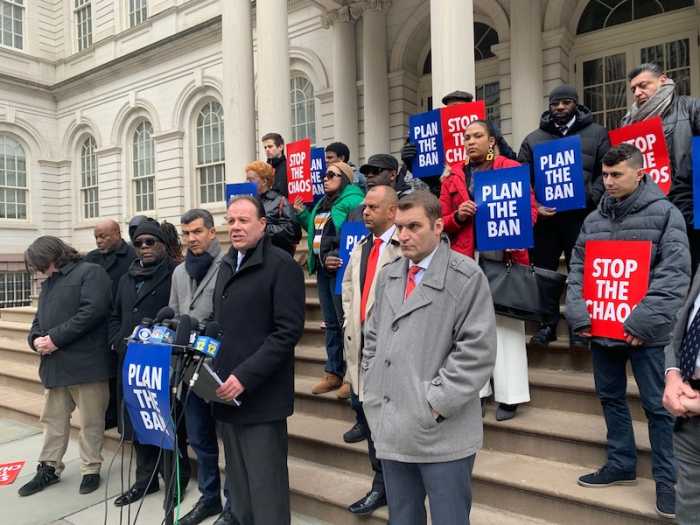As the plastic bag ban became law next week under the reasoning that it will decrease endangerment to the environment, new studies are showing that recyclable bags might endanger your health and maybe spread the formidable coronavirus.
In the June 2018 issue of the Journal of Environmental Health, the trade publication published public health professor Dr. Ryan Sinclair’s scientific paper entitled, “The Spread of a Norovirus Surrogate via Reusable Grocery Bags in a Grocery Supermarket,” in which he concluded that reusable bags are very effective in transmitting infectious viruses from private homes to supermarket grocery carts and checkout stands.
Sinclair, along with a team of scientists, conducted an experiment where shoppers were given grocery bags that were inoculated with a surrogate virus as a stand-in for the Norovirus. Unsurprisingly, the virus was found in the highest percentages on the shoppers’ hands, the checkout stand, and on the clerks’ hands.
“These results indicate that reusable bags, contaminated with a virus from their household, have the potential to spread disease and put shoppers at risk of illness,” Sinclair wrote in a letter to the City Council when the law was being debated on the city level.
To make matters worse, according to the bag the ban website, the millions of the petroleum-based reusable bags are mostly imported from the Far East because of the cheap price tags and it is questionable if they are sanitized properly. Additionally, microbiologists have found E. coli, salmonella, fecal coliform, and other harmful bacteria in reusable bags.
Unwashed bags that come across bacteria that can last a couple days, like the Coronavirus which can last anywhere from two days to nine hours on surfaces, will lead to the contagion being spread faster, according to Brooklyn architect and environmentalist Allen Moses, who has been consumed with the issue for several years.
Moses noted that New York City has a rat problem, particularly in the subway. Wild rats carry the bacteria C. difficile, which is an important cause of diarrhea and intestinal disease that kills 14,000 people in America per year. Reusable bags are more porous and people resting them down on the subway floor are more liable to pick up these germs and take them home, said Moses.
But State Department of Health (DOH) officials dismissed these health concern studies, reiterating there are no confirmed cases of the coronavirus in New York as of late. Instead, DOH spokesperson Jill Montag referred Kings County Politics to a link of suggested ways in which to keep the bag at its utmost hygienic.










